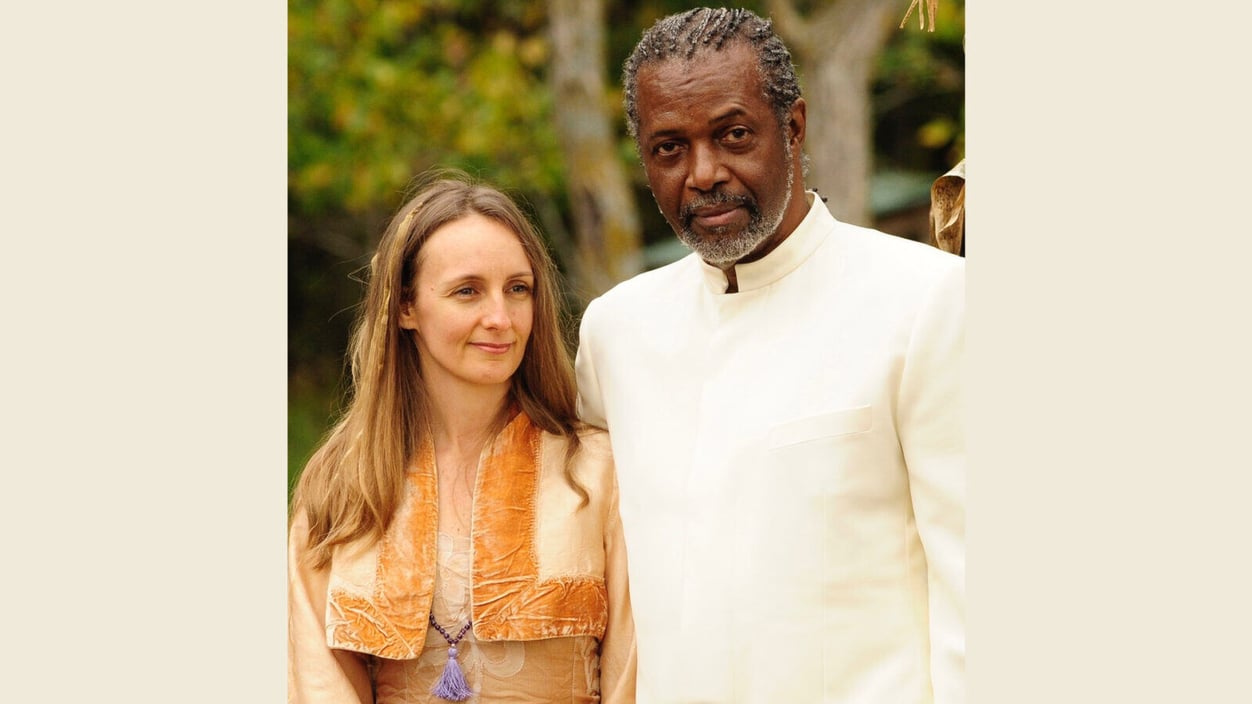first opinion
The care team was kind, but they couldn't save his life

Courtesy Lisa Venticinque
Last year, almost 800,000 Americans died or became permanently disabled because of diagnostic error. This week, the CDC and CMS took a step to combat this by launching the Diagnostic Excellence Core Elements project.
It's more than a decade too late for Vonda Vaden Bates, a patient safety advocate whose husband died after going to the hospital with a brain bleed. It wasn't the bleed that killed him, but a common post-surgical complication. In a First Opinion essay, Vaden Bates shares her experience confusing kindness with competence when it came to her husband's care team. She also writes on what needs to happen to ensure that other families don't suffer similar loss. Read more.
social determinants of health
How race, income, & education affect insurance denials
Technically, the Affordable Care Act eliminated most out-of-pocket costs for patients when it comes to preventative care like screenings and wellness visits. In practice, lots of people face challenges to getting care covered. A study published yesterday in JAMA Network Open shows certain populations are more often denied insurance coverage for preventative health care.
Researchers analyzed claims data for more than 1.5 million patients with private insurance between 2017 and 2020. They found that while white patients had preventative care denied 1.13% of the time, Asian, Hispanic, and Black patients had significantly higher denial rates of at least 2%. The lowest-income patients had 43% higher odds of a denial than those with the highest incomes. And those without college degrees were more likely to get preventative care denied than those with a degree.
More than two-thirds of these denied claims were never resubmitted by a doctor, the researchers found. This means the costs of preventative care are being inequitably put on marginalized patients. Uniform billing standards as well as improved communication and language assistance could help combat these coverage disparities, the authors write.
biotech
Biotech CEO gossip, anyone?
Competition is normal for biotech companies. But for two rivals racing to develop new ways to screen for colon cancer, that drama has been playing out on social media this week.
On Monday, Exact Sciences reported positive initial results in their blood test for colon cancer. But in the days before the announcement, the co-CEO of another biotech, Guardant Health, took to Linkedin to challenge the results. Tagging the Exact CEO, the Guardant CEO wrote: "I'll publicly bet you $1M that your … data at ESMO (whatever the readout) won't hold up in your pivotal trial."
Despite Monday's positive data, Exact Sciences (whose CEO hasn't responded to the post) is still waiting for the pivotal trial results, meaning no true winner in this battle can be declared just yet. In the meantime, cancer survivors and industry veterans have decried the post as clumsy and counterproductive. Read more in STAT+ from Jonathan Wosen.


No comments